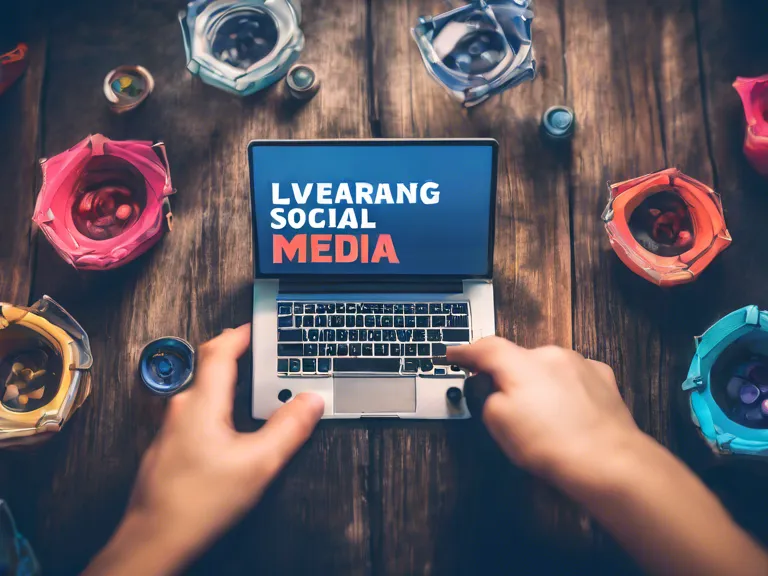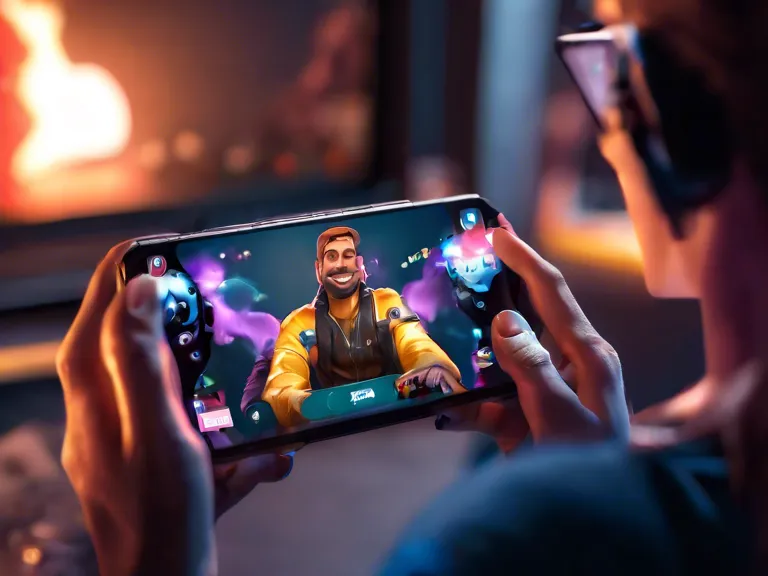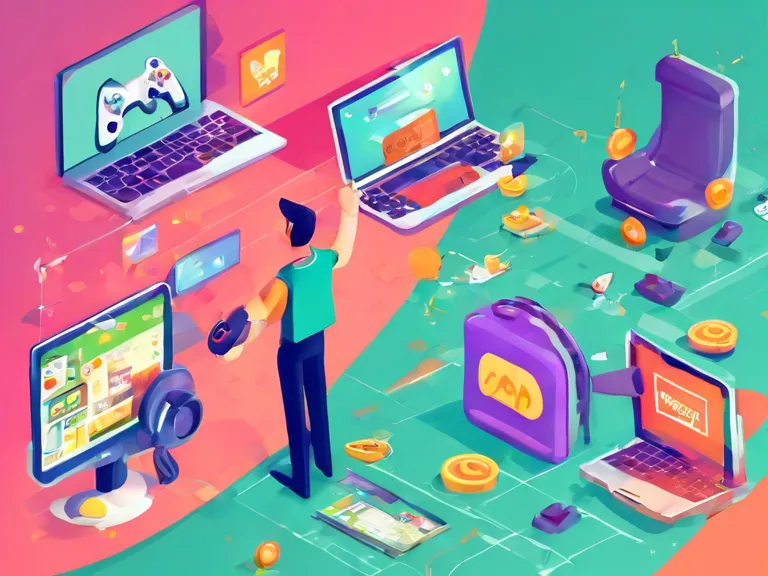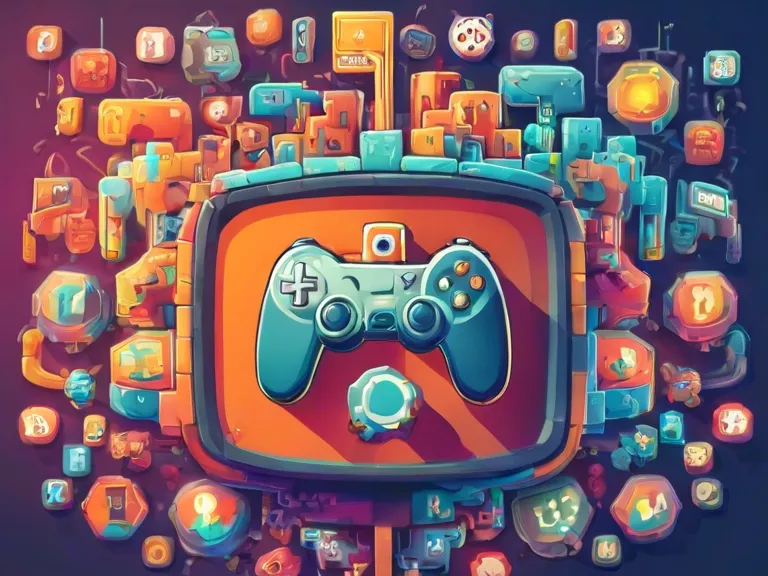
Social media has become an integral part of the gaming industry, providing an avenue for game developers to interact with their players, build communities, and engage gamers on a deeper level. Leveraging social media platforms effectively can make a significant impact on game success and player retention.
One of the key benefits of using social media for gaming is the ability to build communities around games. Platforms like Twitter, Facebook, and Discord allow developers to create dedicated groups where players can discuss strategies, share tips, and connect with other like-minded individuals. These communities not only foster a sense of belonging but also create a loyal fan base that can drive word-of-mouth marketing and promote the game organically.
Moreover, social media provides a direct channel for developers to engage with players and gather feedback. By actively participating in discussions, responding to comments, and hosting Q&A sessions, developers can show players that their opinions are valued, thus fostering a sense of ownership and engagement. This two-way communication also allows developers to gather valuable insights into player preferences, which can be used to inform future updates and improvements.
Another advantage of leveraging social media for gaming is the opportunity to create hype and generate buzz around new releases or updates. Teasers, trailers, and behind-the-scenes content shared on platforms like Instagram and YouTube can build anticipation and excitement among players, driving pre-orders and day-one sales. Social media influencers and content creators can also be enlisted to help promote the game to a wider audience.
In conclusion, social media is a powerful tool that game developers can use to build communities, engage players, and promote their games effectively. By leveraging the right platforms and strategies, developers can foster a strong player base, drive sales, and establish long-term relationships with their audience.


